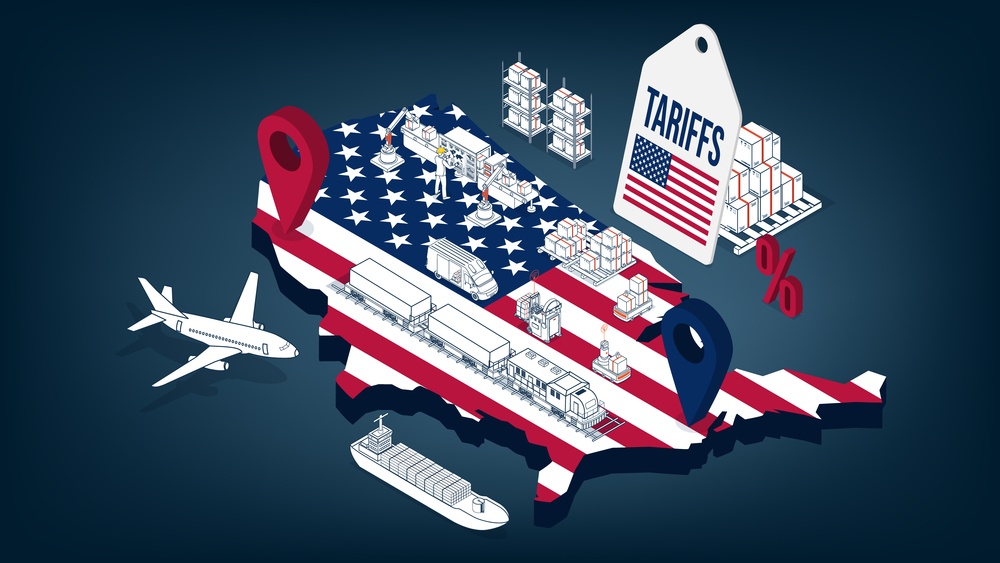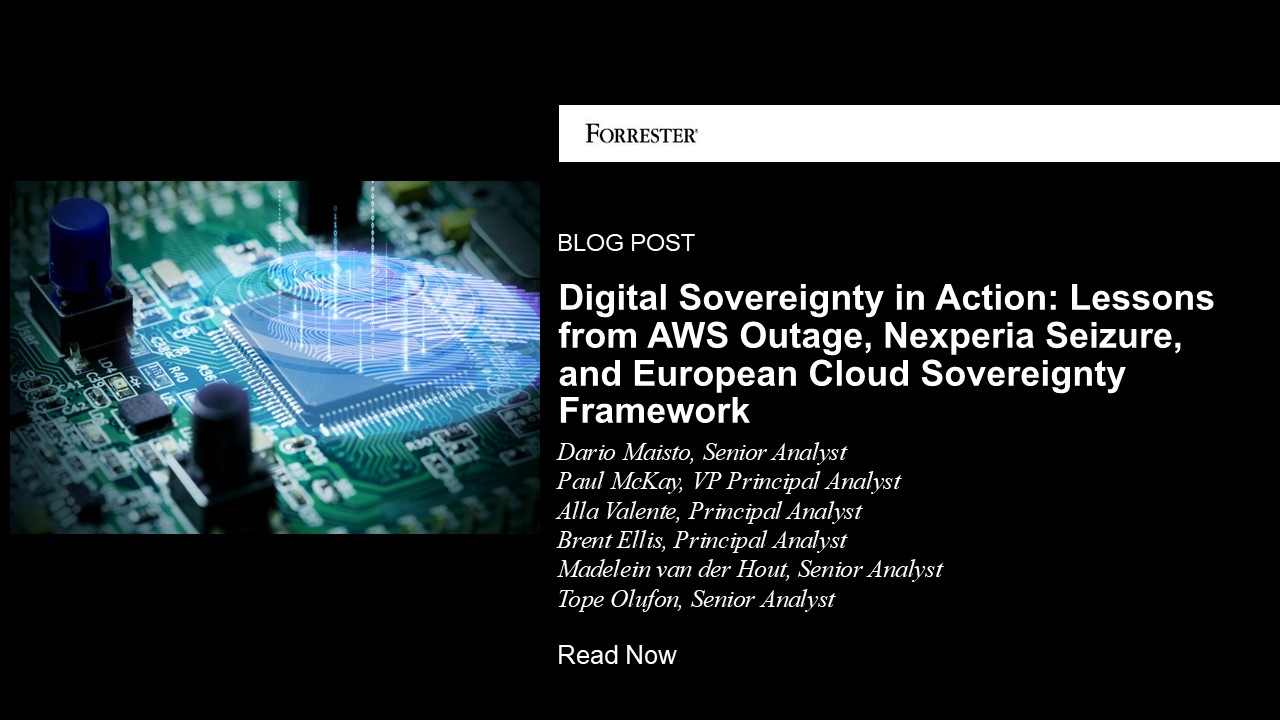In a recent article on the failed California Bullet Train project, I noted that its promoters are depending heavily upon bureaucratic inertia to keep construction going even after cost overruns have skyrocketed. Not surprisingly, even though continuing with the rail system will place more than $100 billion of debt on the state’s taxpayers, politicians and people currently benefiting from the construction of the line from Bakersfield to Merced continue to sing its praises.
As the debt piles up, California Transportation Secretary Sean Duffy is now appealing to what economists call the Sunk Cost Fallacy. Duffy recently declared in a press release:
With 50 major structures built, walking away now as we enter the track-laying phase would be reckless — wasting billions already invested and letting job-killers cede a generational infrastructure advantage to China.
There is much to dissect in that sentence, and while Duffy might seem as though he is appealing to common sense, he really is invoking a popular economic fallacy. I remember nearly 50 years ago seeing a similar appeal to a Tennessee Valley Authority project known as the Tellico Dam in East Tennessee.
The financial numbers were much smaller than what we have seen in California—with about $100 million spent on construction of the dam, clearing the land for the reservoir, and purchasing land taken by eminent domain. As someone who was from that area and who wrote about it as a local newspaper reporter, I remember that there were serious questions about the financial viability of the creation of the dam and reservoir, especially after the Tellico Project envisioned by TVA failed to materialize.
Yet, one of the arguments I heard commonly used by people who wanted the project completed was that TVA had already spent $100 million, so abandoning the dam and reservoir would be financially irresponsible, since it would mean that money had been wasted. However, such an argument, economically speaking, is fallacious given that in economics, we are more interested in what will happen in the future than in the past.
What are sunk costs?
A sunk cost is defined as “money, time, or effort that has already been spent and cannot be recovered.” As pointed out in the previous paragraph, a number of people justified completing the Tellico Dam project because of the money already spent on the dam and the other amenities, not because of the economic and recreational opportunities the dam and reservoir might have created in the future.
As it turned out, the dam and reservoir did lead to other economic activities that both its promoters and detractors did not anticipate, such as an active retirement community. (However, because eminent domain is by definition coercive and enforced by the police, one can raise serious questions about attempting to measure Tellico’s economic success).
For example, Ford Motor Company spent more than $250 million to build and promote the Edsel in the late 1950s, but when it was clear that car buyers didn’t find the Edsel attractive, they discontinued its production, forcing the company to take a huge loss. However, had Ford continued to produce the Edsel, it would have lost even more money and would have likely driven the company into bankruptcy.
Ford could have continued production in hopes that the market for the Edsel would turn around in the future, but if that gamble had been wrong, then the company would have been even deeper in a financial pit. The company’s leadership believed it was better to live with the losses the project already had incurred but not to take new losses. Ford’s executives focused on the company’s future and its ability to earn profits.
Why Politicians See Sunk Costs Differently
While private companies look to be profitable, government is another story. Governments do not earn profits, and they do not create wealth. Governments do not “invest,” despite what politicians may declare in their speeches. (One remembers when Bill Clinton was president—he was fond of declaring that the government was going to “invest” in people, education, and the environment. The statements were meaningless but always generated a lot of applause).
Governments tax and spend to provide benefits to favored constituencies. Projects such as California high-speed rail are not meant to be profitable, so when they are seen to incur losses, no one is surprised. Given that high-speed rail is a fetish of progressives, who eternally believe that America needs high-speed rail and that only government can (and should) provide it.
While business owners see their bottom line in profits and loss, government officials—and especially elected politicians—see visuals that either make them look good or bad. Seeing workers building the concrete viaducts needed for California makes for visuals that make officials look good, as they are people “getting things done.” However, if the project were abandoned tomorrow, the optics would be the half-finished concrete edifices that would be there for years to come and would remind everyone that California’s government had a spectacular meltdown, with the media naming names.
This is especially true for California Governor Gavin Newsom, who has presidential ambitions and knows that if the state were to abandon the rail project before his term ends in less than two years, the political fallout would land on him. Even if the Bakersfield-Merced line is never completed, the final decision to stop production would be made by a future California governor, not Newsom. As long as the governor can requisition money for the rail construction, the project will move forward, and he will pay no price when it inevitably tanks in the future.
This situation contrasts with what happens in the world of private enterprise. For example, when the financial crisis of 2008 crashed through the economy, many private projects—such as Las Vegas hotels and casinos—were halted, as previous predictions of profitability had to be adjusted to the new economic reality. While no one wants to see half-finished buildings littering the landscape, continuing these projects in the face of a highly uncertain economy would have been irresponsible and would have dragged the companies involved even further into the loss pit. Previous expenditures didn’t matter; all that mattered was how much the new financial and economic reality in the US would change the outlook for the projects in question.
In the case of the Las Vegas casinos, the decision makers are accountable to the stockholders. As for California’s politicians (and politicians everywhere), they really are beholden to no one, despite the claims that “democracy” allows for the voters to partially regulate the system. First, there is really no penalty for government officials like Newsom who have saddled California taxpayers with large debts to pay for the bullet train, as the bill will not come due until Newsom is long gone from office.
Second, while stockholders benefit from good decisions by a firm’s managers, California voters will not be the real beneficiaries if the Bakersfield-Merced line is ever completed, as the politicians that will cut the ribbons and ride for free on the train will be the real beneficiaries. Very few Californians will be riding that train—but they will have to pay for it.
Conclusion
The reason we see a project like the California Bullet Train continue against all economic logic is that the constraints and incentives are different in government than they are in private enterprise. Finishing a government-sponsored project produces political benefits for the politicians even as it piles debt on future taxpayers.
While the issue of sunk costs serves as a restraint against unwise spending in private enterprise, politicians face a different set of limitations. Unfortunately, the ongoing construction of a near-useless high-speed rail line in California’s San Joaquin Valley demonstrates the sad fact that politicians benefit from their profligacy.
























